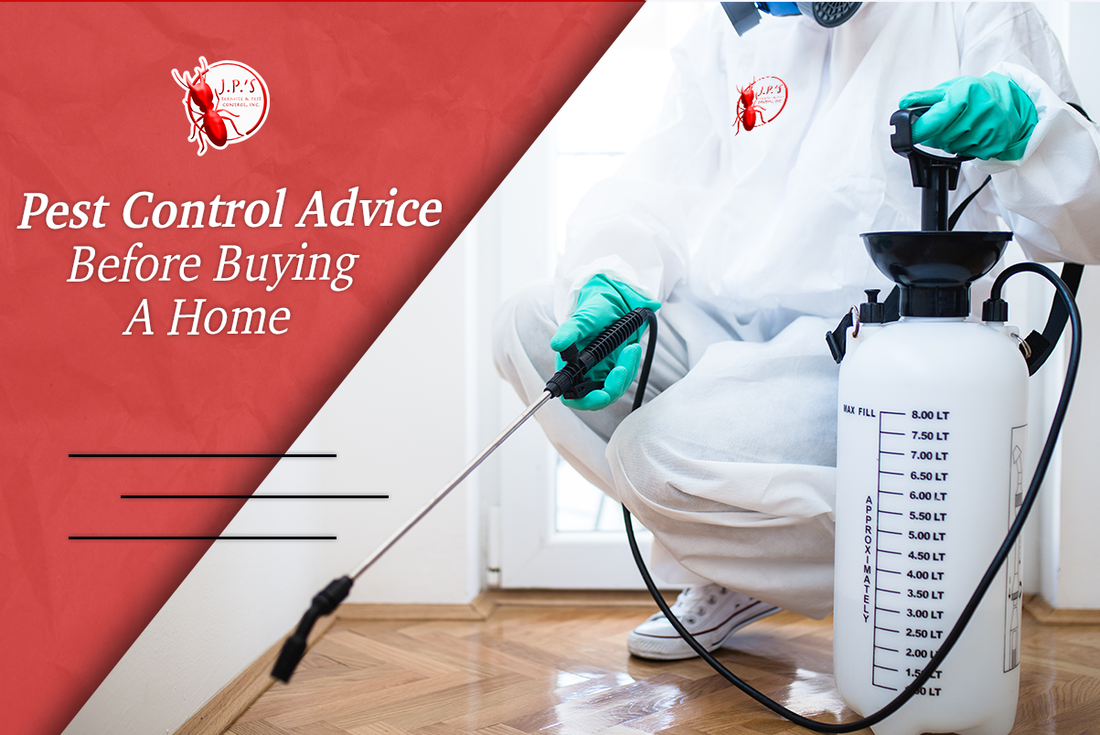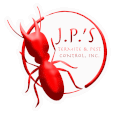|
Purchasing a home is one of the most exciting times in your life, and to ensure the process goes smoothly, certain steps must be taken. But, before signing on the dotted line, prospective buyers should always request a termite inspection, commonly referred to as a wood destroying organism (WDO) inspection, by a licensed pest control professional to avoid getting stuck with costly repairs after the deal is done.
Termites, commonly referred to as “silent destroyers” for their ability to voraciously chew through wood, flooring and even wallpaper undetected, cause more than $5 billion in property damage each year, which is typically not covered by homeowners’ insurance. While a standard home inspection assesses the physical structure of a home from the roof to foundation, a termite new home inspection focuses on detecting the telltale signs of termite damage, as well as conditions conducive to infestations, such as cracks, crevices, and moisture. Once completed, the pest control professional will issue a WDO (Wood-Destroying Organism) Inspection Report and recommend a course of action. When touring a new home, experts recommend keeping an eye out for the following signs that could mean a termite infestation is hiding in plain sight:
While the above are signs of an active termite infestation, it’s important that prospective homebuyers are also aware of situations that could be attracting termites to the home. When touring a property, here are some additional things to keep an eye out for, and how to mitigate their effects should you move forward with purchasing: Firewood Many homeowners keep firewood stacked against their home for easy access. However, this can actually draw termites toward the home and provide a point of entry. Tip: Keep firewood and woodpiles at least 20 feet away from the home and store wood on raised platforms at least 5 inches from the ground. Gutters Termites are attracted to moisture, and clogged gutters can cause water to pool and make insulation vulnerable to termites. Tip: Divert rainwater away from the foundation with down-spout extenders, and install splash blocks to prevent water from pooling and attracting termites. Stumps While it may seem easier to leave a tree stump in your yard, rotting wood can serve as termite fuel and eventually result in termites entering the home. Tip: Have a professional service remove any excess wood from your property. Mulch Mulch is frequently used against the foundation of a home, and can serve as a source of food and moisture for termites. Tip: Minimize the usage of wood mulch and keep it at least 15 inches from the home’s foundation. Monitor existing mulch for any signs of termite activity, especially below the surface. Branches Tree limbs and leaves that come in contact with the roof or the home’s exterior can provide a pathway for termites to enter the home. Tip: Trim back any branches or shrubbery to ensure nothing is touching the home. Due to termites’ incredibly destructive nature, prospective homebuyers should take steps to detect and prevent an infestation. Prevention is cheaper than treatment! Click here to request a termite inspection from us today! |
Jason ParkerIn 1999, I decided to start my own pest control business so I could have more flexibility in order to be involved in my sons' sporting activities (and to be able to fish when I wanted to). Twenty years later, I'm proud to have my sons working with me helping grow the company! Archives
January 2021
Categories |
|
WHY CHOOSE US
OUR SERVICESREQUEST FREE INSPECTIONSUBMIT A TESTIMONIAL |
LEARN MORE
PEST LIBRARYREAD OUR BLOG |
|


 RSS Feed
RSS Feed

